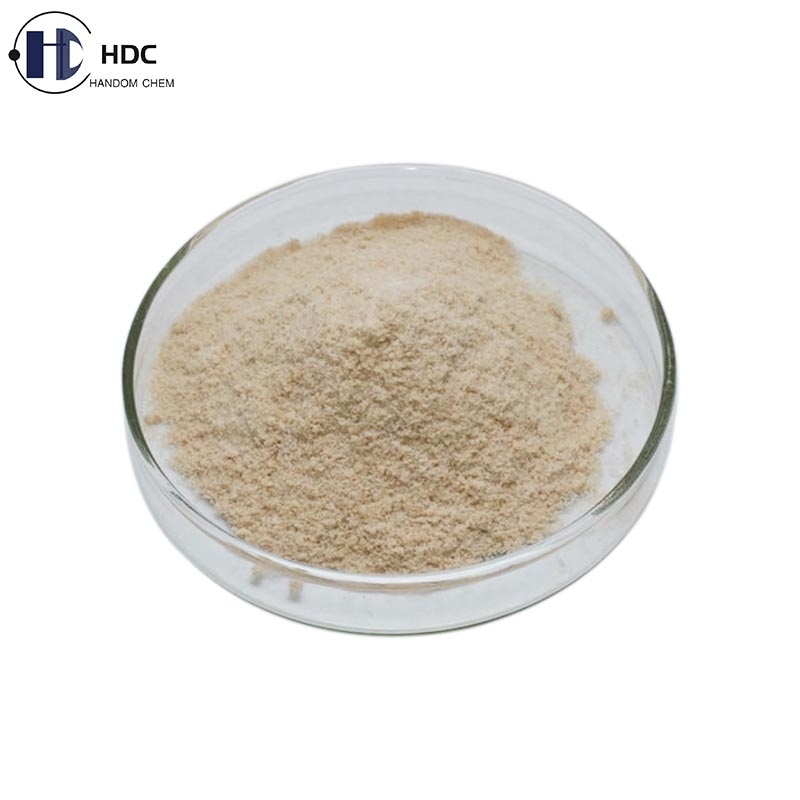Solid evidence: over processed foods lead to obesity
-
Last Update: 2019-06-06
-
Source: Internet
-
Author: User
Search more information of high quality chemicals, good prices and reliable suppliers, visit
www.echemi.com
June 6, 2019 / BIOON / - we know that we should eat less junk food, such as chips, industrial pizza and sugary drinks, because they are high in calories These "super processed" foods, as nutritionists call them, are high in sugar and fat, but is that the only reason they cause weight gain? A major new study by the National Institutes of Health (NIH) shows that, in addition to calories, there are many factors at work Studies have found a link between junk food and weight gain, but this link has never been studied in a randomized controlled trial (RCT), the gold standard for clinical research Photo source: http://cn.bing.com in the RCT of the National Institutes of health, 20 adults aged about 30 were randomly divided into two groups: one group ate super processed food, the other group "controlled" ate unprocessed food, and the two groups ate three meals plus snacks every day Participants were allowed to eat as much as they wanted After two weeks on one diet, they were switched to another diet for another two weeks This cross study improves the reliability of the results because everyone is involved in both parts of the study The study found that participants who ate super processed foods consumed an average of 500 more calories per day than those who ate unprocessed foods In the super processed diet, they gained nearly one kilogram Although we know that super processed foods are addictive, participants reported that they found both diets delicious and did not realize that they had a greater appetite for super processed foods than unprocessed foods, although they consumed 500 more calories per day than unprocessed foods Unconscious over consumption of processed foods is often attributed to snacks But in this study, most of the extra calories were consumed at breakfast and lunch, not through snacks Photo source: http://cn.bing.com eat slowly Don't eat fast food A key clue about why super processed food can cause higher calorie consumption is that participants eat super processed food faster, so they consume more calories per minute This can lead to excessive calorie intake before the body signals satiety or satiety Dietary fiber is an important satiety factor in unprocessed food Most super processed foods contain a small amount of fiber (most or all of it is lost during processing), so they are easier to eat quickly With this in mind, researchers at the National Institutes of health balanced fiber content in both diets by adding fiber supplements to beverages But fiber supplements are different from fibers in unprocessed foods Fiber in unprocessed food is an integral part of food structure, or food matrix A complete food chew slows down the rate of calories we burn For example, it takes us much longer to chew a complete orange and its complete food structure than it takes us to swallow calories equivalent to orange juice One interesting message from this and other studies seems to be that to control calorie intake, we have to maintain food structure, just like the natural food matrix of unprocessed food This forces us to eat more slowly, activating the body's satiety mechanism before we eat too much This mechanism has no effect on the super processed food, because the food matrix will be lost in the production process Photo source: http://cn.bing.com for many people, finding the time to eat an unprocessed meal slowly is a real challenge But in some countries, such as France, people try to guard against the importance of sitting and eating In France, several small dishes in a row ensure a more leisurely and enjoyable way to eat It may also be an important antidote to prevent weight gain due to rapid consumption of super processed foods Reference materials: [1] ultra processed food causes weight gain - firm evidence at last [2] Monteiro ca nutrition and health The issue is not food, nor nutrients, so much as processing Public health Nutr 2009 may; 12 (5): 729-31 Doi: 10.1017 / s1368980009005291 [3] Poti JM et al Ultra processed food intake and objective: what Really Matters for Health-Processing or Nutrient Content? C urr Obes Rep 2017 Dec;6(4):420-431 doi: 10.1007/s13679-017-0285-4 【4】Viskaal-van Dongen M et al Eating rate of commonly consumed foods promotes food and energy intake Appetite 2011 Feb;56(1):25-31 doi: 10.1016/j app et.2010.11.141 【5】de Graaf C et al Slow food, fast food and the control of food intake Nat Rev Endocrinol 2010 May;6(5):290-3 doi: 10.1038/nrendo.2010.41 Epub 2010 Mar 30 【6】Dieuwerke P Bolhuis et al Slow Food: Sustained Impact of Harder Foods on the Reduction in Energy Intake over the Course of the Day PLoS One 2014; 9(4): e93370 DOI:10.1371/journal.pone.0093370 PMCID: PMC3973680 【7】Kevin D Hall et al Ultra-Processed Diets Cause Excess Calorie Intake and Weight Gain: An Inpatient Randomized Controlled Trial of Ad Libitum Food Intake Cell Metabolism DOI:https://doi.org/10.1016/j.cmet.2019.05.008
This article is an English version of an article which is originally in the Chinese language on echemi.com and is provided for information purposes only.
This website makes no representation or warranty of any kind, either expressed or implied, as to the accuracy, completeness ownership or reliability of
the article or any translations thereof. If you have any concerns or complaints relating to the article, please send an email, providing a detailed
description of the concern or complaint, to
service@echemi.com. A staff member will contact you within 5 working days. Once verified, infringing content
will be removed immediately.







